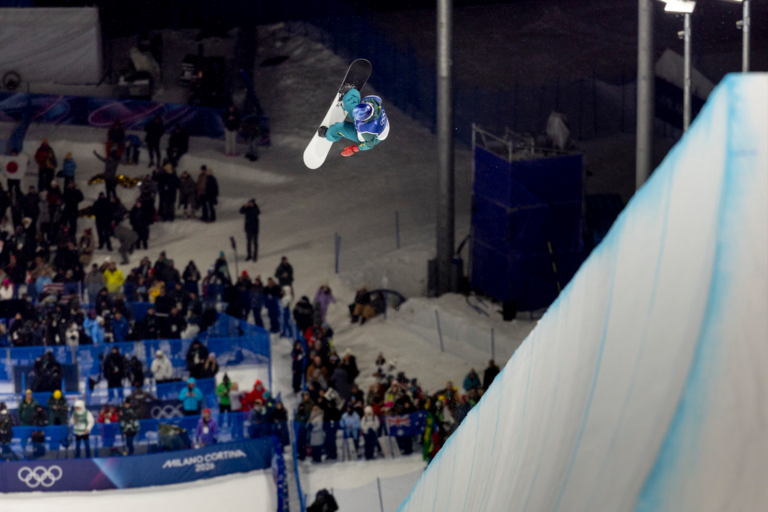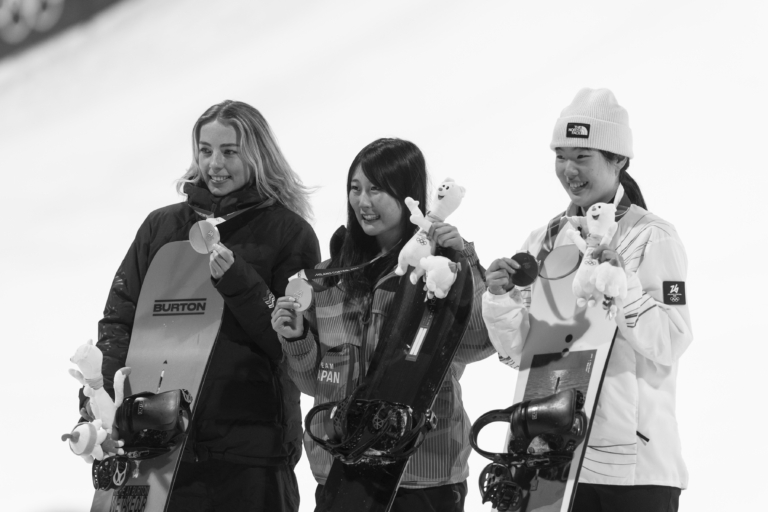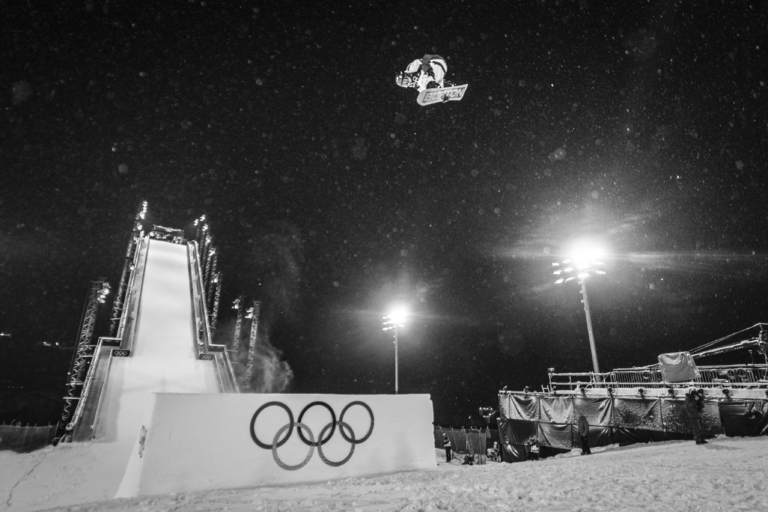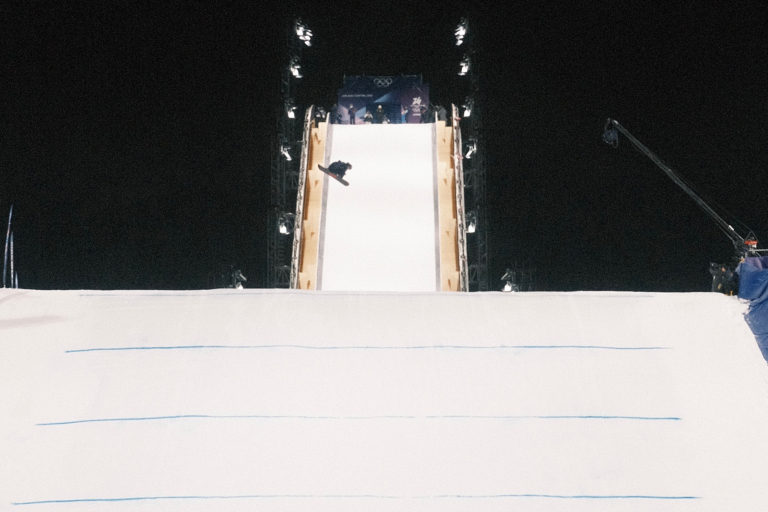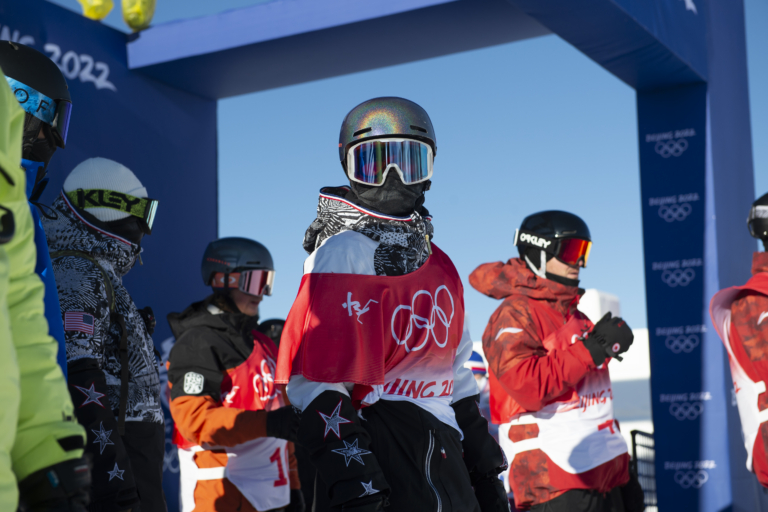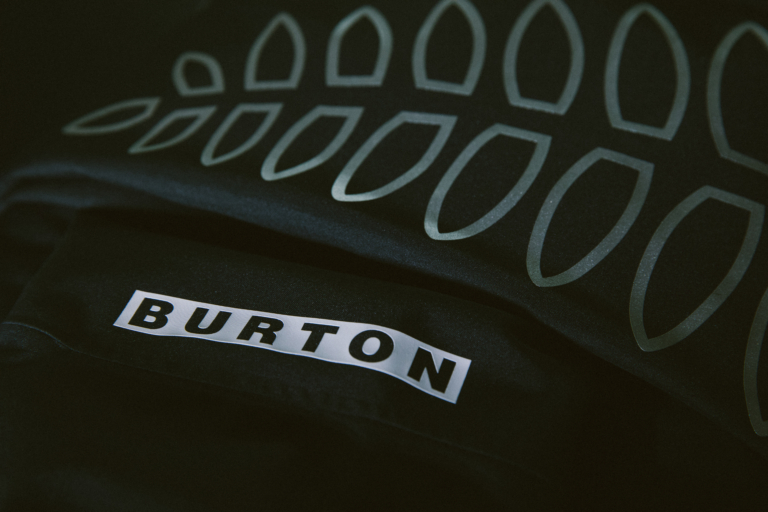Let’s face it, snowboarding is not the most environmentally friendly activity, but Marie-France Roy is working to change that. For many of us the drive to a resort consists of hours in a car and significant energy is required to power the lifts, the snowcats, our snowmobiles, or the planes that take us to spectacular destinations. Yet simultaneously we have a unique connection with nature and the outdoors. We spend countless days out of the year on top of mountains and deep in backcountry wilderness, places that are untainted —and likely never will be — by the progress of society. Marie has built a career on these natural places and is a key witness to what is happening to our environment, so she decided it was time to make a difference. The Little Things is a two-year project that brings together some of the most environmentally forward-thinking minds in snowboarding, raises money for Protect Our Winters and the David Suzuki Foundation, and helps us see the bigger picture of what is happening to our world.
 Photo: Erin Hogue
Photo: Erin Hogue
How long have you been riding professionally?
The first time I started making any money would have been when I was 21 or 22, now I’m 30, so eight years.
Where has snowboarding taken you?
It’s taken me so many places physically and also as a mind-opening experience. Iceland, China, New Zealand, Europe, South America, all over the United States. I’m so thankful for that, it’s been amazing and I’ve made so many friends. Sometimes I think we all take the life we have for granted, how lucky we are to actually make a living off of snowboarding. It’s so fun and simple. It’s definitely good to be reminded of that.
How has this journey opened your mind to the impact snowboarding has environmentally? The people you’ve met, the things that you’ve seen; can you talk about that?
Traveling the world and being on snow a lot of the time, riding on glaciers, you see the effects of climate change firsthand. I’ve seen it even in Whistler, B.C, my home playground where the glacier is getting smaller and smaller every year. If it’s a bad snow year the difference is crazy. You wonder how much longer are we going to have Camp of Champions up here, or how much longer we going to be able to snowboard in the summer. Yeah I’m worried about snowboarding, but once those glaciers are gone I think a lot more trouble will come out of that and we’re not going to be talking about snowboarding. The impact of climate change and environmental destruction can be so great that luxuries like snowboarding and life as we know it can be a lot different. That’s what is scary to me.
Snowboarding is one of those things that we can use to bring light to it but it’s such a bigger issue. It’s important that everyone realizes how big the impact of climate change is.
Exactly. We’re directly connected to it and dependent on it for snowboarding. I think climate change is directly related to the economy too. It’s only going to get worse. I think that we are among the first to realize what’s going on and how precious it is; what’s at risk for everyone else, the lives our children. Will they have the chance to snowboard for a living? I hope so. Maybe not our children, but our grandchildren. But we’re all part of the problem. I have a snowmobile, I have a truck and people give me shit for it, or they don’t get it. “How can you make an environmental movie while you drive a truck and a snowmobile?” But we’re all guilty, we’re all hypocrites. As soon as you’re born into this society, you don’t even get to choose. You’re guilty. It’s all built on oil, the world is built on fossil fuels. So I could be a hypocrite that does nothing about it or I could be a hypocrite that says, “Hey, I’m guilty too but why don’t we do what we can, where we can.” Why don’t we start talking about it and keep talking about it so we can change it and make it better. It seems that everyone is so scared to take that stance. I was too. I was so scared of people’s criticism and judgement, I knew I was far from perfect — my impact is massive. So it was really scary to go in that direction. But I figure that’s actually the best I can do.
There was a point in my life where I felt so guilty, like I should quit snowboarding and work in what I studied — environmental work — was probably the best thing I could do. As I thought about it a bit more, what kind of an impact am I going to make by doing that? I would reduce my own footprint by not flying as much, I could sell my snowmobile, my truck, and drive a regular car. But as I thought about it a bit more I should probably just use the assets that I have right now. I have snowboarding, I have so many friends and a platform of people that follow me somehow, just like I follow people who inspire me to snowboard.
I totally agree. It’s interesting because I feel like a lot of people that push an environmental lifestyle really try to say, “Get rid of your truck, get rid of your snowmobile,” but how relatable is it for the average person to get rid of all those things and still snowboard?
Exactly.
What you’re saying is we can still have those things, but there are other ways we can contribute, push environmental awareness and sustainability in other ways but still have the lifestyle that we like to live.
Yeah. I don’t think it’s realistic to tell people to drop everything. We do need to act now, but imagine telling that to a single mother of three children that’s working so hard, do you think she can even give up her car or minivan? People work so hard, everybody is busy and times aren’t easy right now. I don’t think it’s realistic to blame everyone for driving a vehicle or whatever. Jeremy Jones said it’s not the snowmobiles, the helicopters or the cars that are the issue, it’s us not investing in new technologies or the politicians not changing the law. We’re going to have to evolve with what we have already. Fossil fuels will create the world that will run on renewable energy. It’s never going to be perfect, we’re always going to need resources. We’re living things. We need energy and we’re breathing, I’m creating CO2 as we speak right now. I think people have to be realistic, less critical and see the bigger picture. The thing that’s going to change the most is on the political level, but those changes won’t happen until the people demand it. For the people to demand it, they need to be aware and realize how important it is. You cannot convince a whole nation to give up their cars, that’s not the solution. So I think we just need to use our brains and technology. We could fly people to the Moon decades ago but there’s still no other more efficient way we can get energy? Obviously there are a lot of big players involved, a lot of money and existing infrastructure that a lot of people don’t want to give up. I don’t know if those people realize the quality of life that’s at risk.
 Photo courtesy of Marie-France Roy
Photo courtesy of Marie-France Roy
So how did the whole idea behind The Little Things came around?
Three summers ago I was up here in Whistler, stepping in mud, working on my cob house, thinking about what I could do to actually make a difference and give back. Snowboarding has given me so much, I’ve traveled the world, my whole lifestyle is pretty amazing and selfish. How could I give back to snowboarding and give back to nature, it’s given me the funnest thing ever. It’s life. That’s when I thought making a movie is probably the best way we can make an impact. We can bring awareness about the environment, we can bring more exposure to foundations like Protect Our Winters and the David Suzuki Foundation, two organizations that we’re raising money for — 100% of the profits from the film will go to them. Then I can give exposure to all these riders that I think have really inspiring stories that not many people know about, or that only look at year results or a video part. All of the snowboarders in the film bring such a unique story that’s simple. They’re not all saving the world, they’re just making a difference through their lives. To me, the riders that I admire the most are the ones who have cool personalities and do interesting things in their lives on top of snowboarding. Or they use snowboarding for greater things. So I thought that was a good way to do that. I’m hoping that using snowboarding to bring up a subject like this will reach younger people and I wanted to make something positive, not preachy. Just something to make people say, “Maybe I can do a little something,” or, “I now understand that it’s important.” Just that. Just that one positive thing would be worth it.
Continued on page 2

